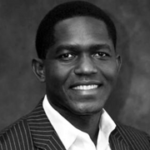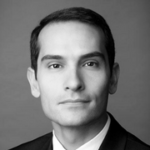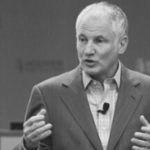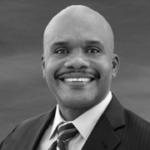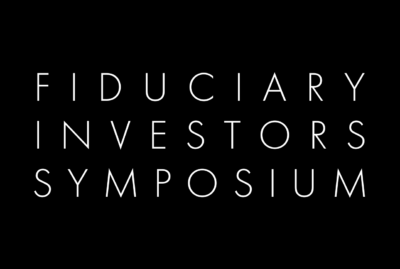The current global context is testing the limits of the economic system built in the last century. This session will look at the need to accelerate the transition towards a more resilient and sustainable economy. In particular, it will explore ways asset owners can influence this process focusing on the long-term outcome of their investments.
This session will hear from investment leaders embracing 3D portfolios shaped around risk, return and impact. It examines what is next in linking portfolios to positive real-world outcomes.
One of the defining features of the American Dream is upward mobility – the aspiration that all children have a chance at economic success, no matter their background. However, research by Opportunity Insights at Harvard University shows that children’s chances of earning more than their parents have been declining. 90% of children born in 1940 grew up to earn more than their parents. Today, only half of all children earn more than their parents did. This session by renowned economist looks how big data insights can inform policy to move the dial on economic and racial inequality.
This fireside chat will discuss the sustainable priorities of Harvard University’s endowment including climate, diversity and how it holds managers to account.
This session examines research from the Woodwell Climate Research Centre that assesses the socioeconomic risks associated with climate change and shows how societies and economies will cross critical thresholds and face new vulnerabilities over less time than the duration of a typical mortgage. It will highlight the role the private sector can play and the importance of integrating the insights of climate science into decision making the same way financial and cyber risks are.
This session will look at the multi-faceted nature of the transition to a low-carbon economy and the implications for investors’ portfolios. It will explore a risk and return dimension, looking at how the potential policy paths accompanying the transition will affect macro pressures, including mounting inflationary pressures, as well as from an impact dimension and how investors are seeking to build scalable portfolios that support their net zero commitments.
What does it really mean to implement a net zero strategy? As more and more investors make pledges for net zero they are tasked with setting a strategy to achieve these goals. This session looks at the challenges of implementation including what behaviour changes are needed and how investors really need to allocate.
Different asset classes have different sustainability demands and different challenges including availability of data. This session looks at the potential to have different execution strategies across asset classes for net zero and sustainability ambitions.
Infrastructure investments face many and complex challenges including sustainability. This session looks at specific case studies of ESG in legacy infrastructure as well as the investor priorities with regards to green energy infrastructure.
Ambiguity around ESG ratings creates acute challenges for investors trying to achieve both financial and social return. The Sustainability Initiative at MIT is working to solve this problem through a program of research to improve the quality of ESG measurement and decision making in the financial sector. This session will examine plans to chart a new course towards more rigorous and coherent methods for ESG integration
Since the dawn of sustainability investing, more than 15 years ago, the debate over the balancing act of active risk, tracking error and sustainability has persisted. This session will look the relationship and how various investors tackle the debate.
This session looks at how human capital is a key value generator for companies, and addresses the human capital risk inherent in companies and how they are addressing it, including implementing technology, re-skilling and training for the future, which groups of employees they are investing in and how this impacts engagement.
This panel will look at effective stewardship practices and explore collaboration and targeted campaigns. Through case studies this session will examine the next generation strategies and tools for effective investor engagement and what frontier topics investors should be considering.
Tragedy has enveloped Ukraine. How this war might, or might not, end affects not just the people of Ukraine, but also the European Union and NATO, the Middle East and Africa, the entire Indo-Pacific. China was already experiencing far-reaching negative effects from demography, the middle income trap, and heavy-handed Communist party governance before Russia’s invasion of Ukraine. Xi Jinping’s decision to side with Vladimir Putin has been a gamechanger for many. Instead of benefitting from a widening rift between the U.S. and Europe on China policy, Beijing has driven them into very close alignment and intensified the wider West’s attention on the economic and moral hazards of dependency on China. This dynamic is reinforced by the trend to shape portfolios with ESG metrics. How are investors navigating China? What are the risks and opportunities? How could the war in Ukraine and its global consequences further surprise us and potentially upend our calculations?
This session examines inequality in the labor market and the case for reform. Sharon Block has just returned to Harvard Law School after a stint in the Biden Administration and examines the role investors can play in changing the trajectory of income inequality.
This session looks at how and why investors can take meaningful action to address racial inequality.
This session will look at various asset owner case studies and how they are tackling diversity and inclusion, through their own organisational processes and practices, through manager due diligence and by aligning their investments with the SDGs.




